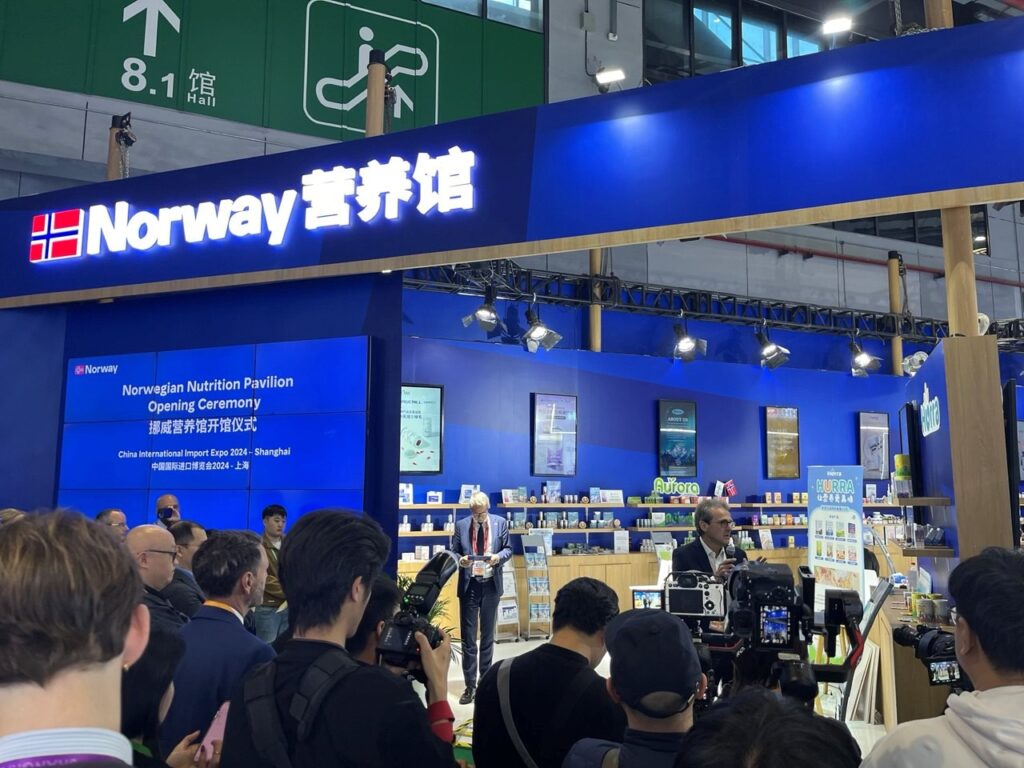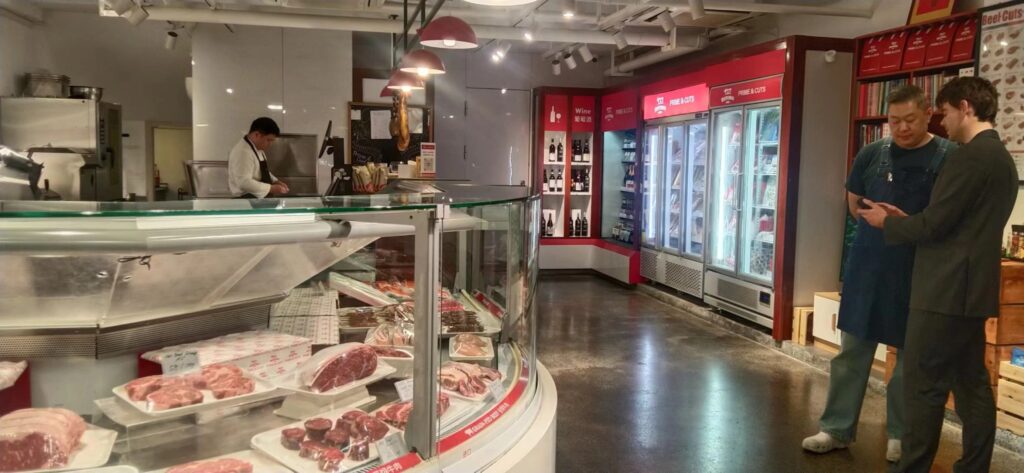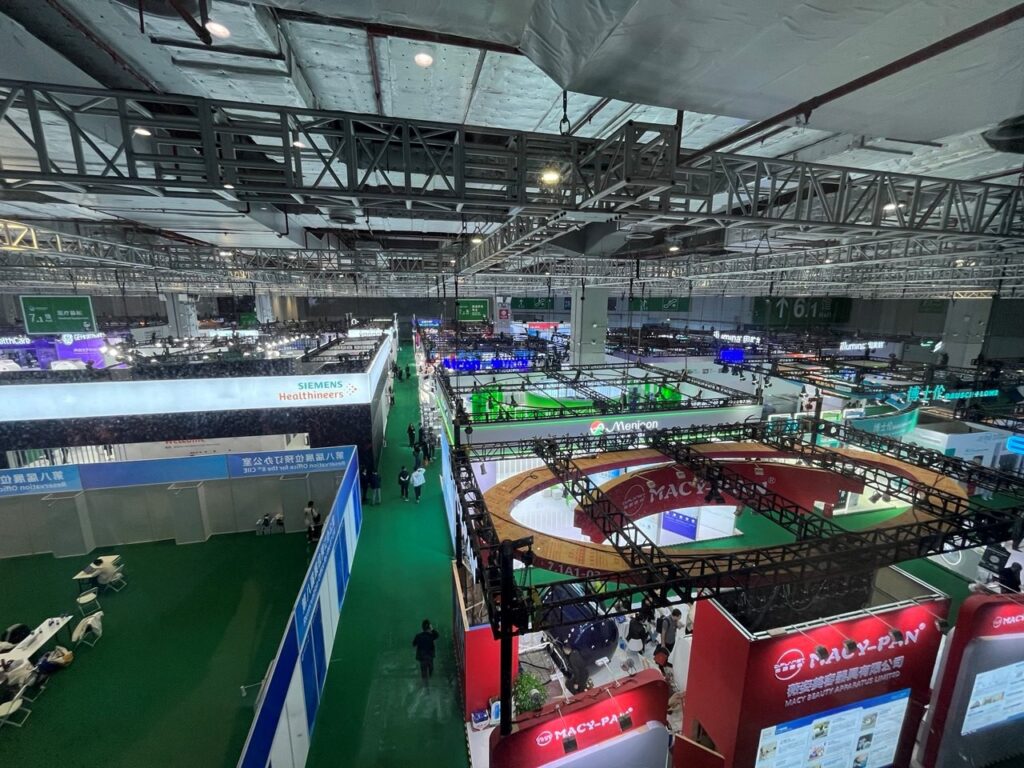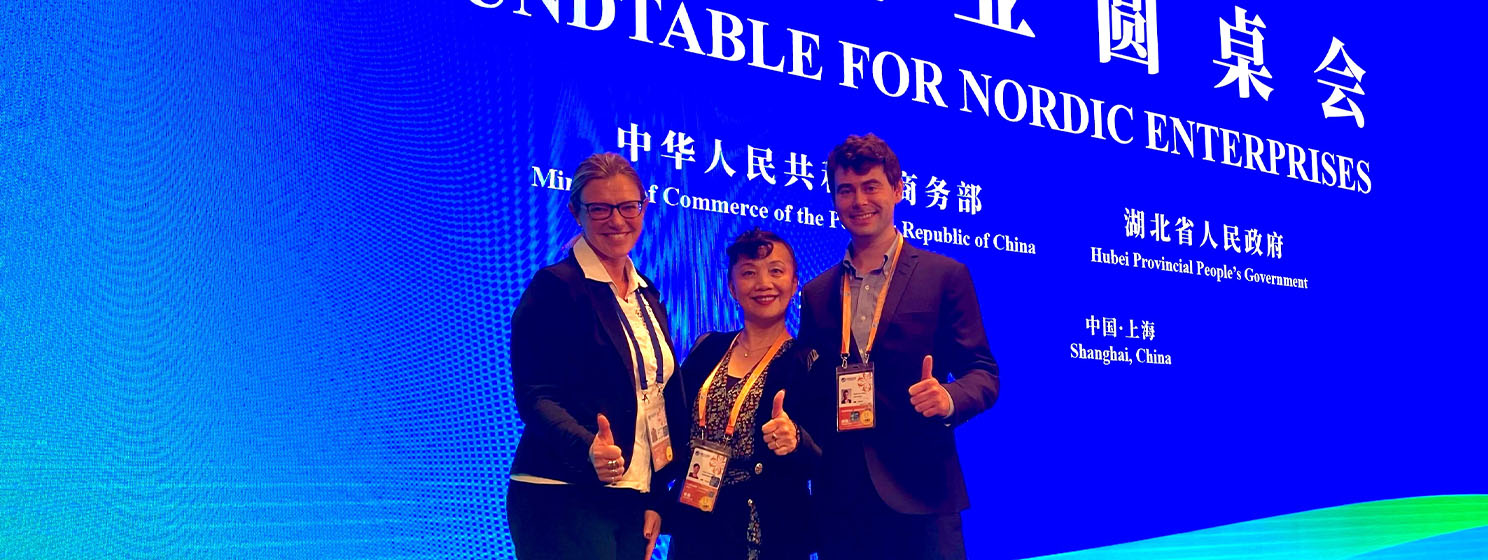|
Getting your Trinity Audio player ready...
|
Supply chain data company UNISOT sees big opportunities in Asian trade for its blockchain-based systems. The advantages go both ways, with importers and exporters in China and the European Union (EU) sharing information that might otherwise be lost.
The company is making moves into the Asian market by traveling to trade shows and finding key industries that could benefit from more detailed information about product supply chains. Though the EU is bringing in stricter regulations by requiring Digital Product Passports, UNISOT demonstrates how more detailed and reliable supply chain data can improve trade relations even when it’s not mandated by law.
“China is a key place for supply chain and production in the world, and will continue to be for decades,” UNISOT CEO Stephan Nilsson told CoinGeek. “Therefore, we are positioning ourselves to serve customers with supply chains between Europe and China. We have done this by translating our SaaS platform and Digital Product Passports to Chinese, as well as increasing our presence in China.”
UNISOT CFO Torje Vingen Sunde, based in Norway, described his company’s moves into Asian markets in a recent media interview in his home country. The company already has a client in Bangladesh that manufactures clothing. While traveling to trade events, he explained how blockchain-based supply information could fix several existing problems.
One of these was a fish shop in Shanghai, whose owner explained that he was importing salmon from the Faroe Islands rather than Norway due to grapevine information that Norwegian fish were full of antibiotics. As it happens, this isn’t true—and this is but one example where correct and verifiable information could help exporters.

Sunde’s profile appeared after the UNISOT team attended the China International Import Expo (CIIE) in Shanghai. His Chinese language abilities are thanks to his experience as an exchange student in Beijing in 2016 and his Chinese wife.
Last year, he also presented on blockchain technology’s benefits to supply chains at the 2024 China Beijing Xicheng District Investment Promotion Conference (Norway Session) in Oslo. The head of the Norwegian-Chinese Chamber of Commerce, Elise Chen, recommended he travel to Shanghai to attend the Import Expo event and meet more potential clients.
“Each link in the value chain can have a lot of valuable information, but it is often not shared,” he told reporter Ole-Ottar Høgstavoll of Romsdalls Budstikke.
Prior to working at UNISOT, Sunde completed a Master’s degree in Economics, specializing in accounting and auditing, and found employment as an auditor—a job he eventually found “a bit of a repetitive job for me.”
After meeting Nilsson, he became interested in blockchain “as a global data layer” that could exchange information much the way the internet does today, but in a secure way. Nilsson and Sunde are also the CEO and CTO at triple-entry accounting firm Abendum AS, which uses the scalable BSV blockchain and UNISOT technology as its base.

Blockchain keeps supply chain information secure and reliable
Part of the problem is that value chains in today’s world can be quite long, with many disconnected participants. This makes sharing information difficult, even when this information exists. What the process needs is for someone to store all this information in a format anyone along the chain can access, and do so in a secure and reliable manner.
UNISOT stores valuable information in a “smart digital twin” for each product, which (as part of the company’s Digital Product Passport, or DPP) serves as a carrier for the information as it passes along the chain.
Interest from potential users comes from using UNISOT’s DPP offering both as a data carrier for efficiency and to prove product quality for export and import, Nilsson said. He added that new European Union laws requiring DPPs and gathering more information about products along supply chains will significantly drive UNISOT’s offerings.
“There is also interest for the efficiency gains that can be made in customs and shipping. Additionally, there was interest for the information security aspect of data that blockchain can provide. Especially in the global market where the supply chains are complex and long, and trust is low. Proving documentation and keeping data sovereignty is key, and blockchain help with this,” he said.
Nilsson noted that the UNISOT model is superior because it is not based on harvesting data from customers. This is a key point for Chinese customers “who are extra mindful about information security.” With a blockchain-based system, they can keep all their data on their server, with UNISOT providing the interface between their information and the blockchain and tools to ensure data-sharing remains secure.

Watch From fish to diamonds: How blockchain can improve supply chains

 02-19-2026
02-19-2026 




